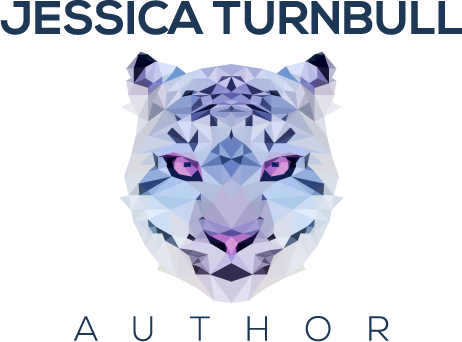Hi all!
This week I'm going to be talking about writing myths, hope you enjoy!
Writing is a solitary experience.
No, it's not. Social media is a brilliant way for authors to contact each other, not to mention there are write-ins and events for authors to go to.
It's an easy way to make money.
If you're in it to make easy money, you're in the wrong industry. It's tough to write books and it's even tougher to sell them.
You're either born a writer or aren't.
I hate hearing this one. Practice makes perfect, if you want to master something you have to keep doing it. Trying to put people off by saying they can't be a writer because they aren't 'born' with it is stupid.
You need connections in the industry to get anywhere.
Not true, most authors have no connections in the industry before they publish a book. The ones that do are the lucky ones, but even that doesn't guarantee success.
Authors need to compete with each other.
No, we don't. Support writers, don't compete with them. Someone has not stolen 'your chance' because they got an agent or published a book. There is always room for more authors.
All writers are introverts.
Nope, this is a big misconception. Although I'm an introvert myself, I know a lot of extroverted writers. Personality does not dictate whether you can write or not.
Writers need to write every single day.
If you do this, you'll burn out quite quickly. Setting a writing goal is important as it can keep you on track, but it doesn't need to be an every day thing. Some people blow this way out of proportion by not feeling like a writer if they take a day off. Don't worry, your story isn't going anywhere. You can and must take a break every once in a while.
The first book an author writes gets published.
I've heard this a lot too, and it's quite often not the case. Some authors shelve multiple projects before getting published.
Agents are unnecessary in traditional publishing.
In traditional publishing you will more likely than not need an agent. Although there are publishers who accept unsolicited manuscripts, you need to keep your options as open as possible. Agents can negotiate contracts and support you during the publication process, they are there to help, not hinder you.
You need to pay your publisher to get traditionally published.
This is called a vanity publisher. Do not give them money. More often than not you will get a poorly designed and edited book in return. They will not support you at all, they just see you as a money machine. Many will ask that you pay thousands up front to publish your book. If you are contacted by one or accidentally submit, do not sign a contract with them.
You don't need an editor.
Unless you are 100% accurate at spotting all spelling errors, grammar mistakes, plot holes and cliches I highly recommend getting an editor. Mine was absolutely brilliant, although it can be hard to see your work get torn apart it is so worth it to see the final product. Readers will be able to spot a professionally edited book from a mile off. Don't put people off your future book because you didn't want an editor.
Book covers don't matter.
Book covers are the first thing a reader sees. You need to make sure it's professional and appropriate for your genre. If you're writing crime, then putting a glowing wolf on the cover wouldn't make much sense, would it?
You can only write one genre.
You are not a one trick pony. If you want to write in another genre, do it. There's nothing holding you back, it will bring you new readers and also give you opportunities to have a change of scenery every once in a while.
Characters cannot ___.
I've seen a lot of variants of this. Whether it be sighing, shrugging or rolling their eyes. Ignore these, you write your characters however you want. Just make sure you have a variety.
That's it for this week! Next Sunday I'm going to delve into vanity publishers a bit, seeing as there have been a few pitch parties on Twitter. I've been 'liked' twice by vanity publishers in a pitch party, so I just want to share with you how to spot them before you submit.
See you next week!
